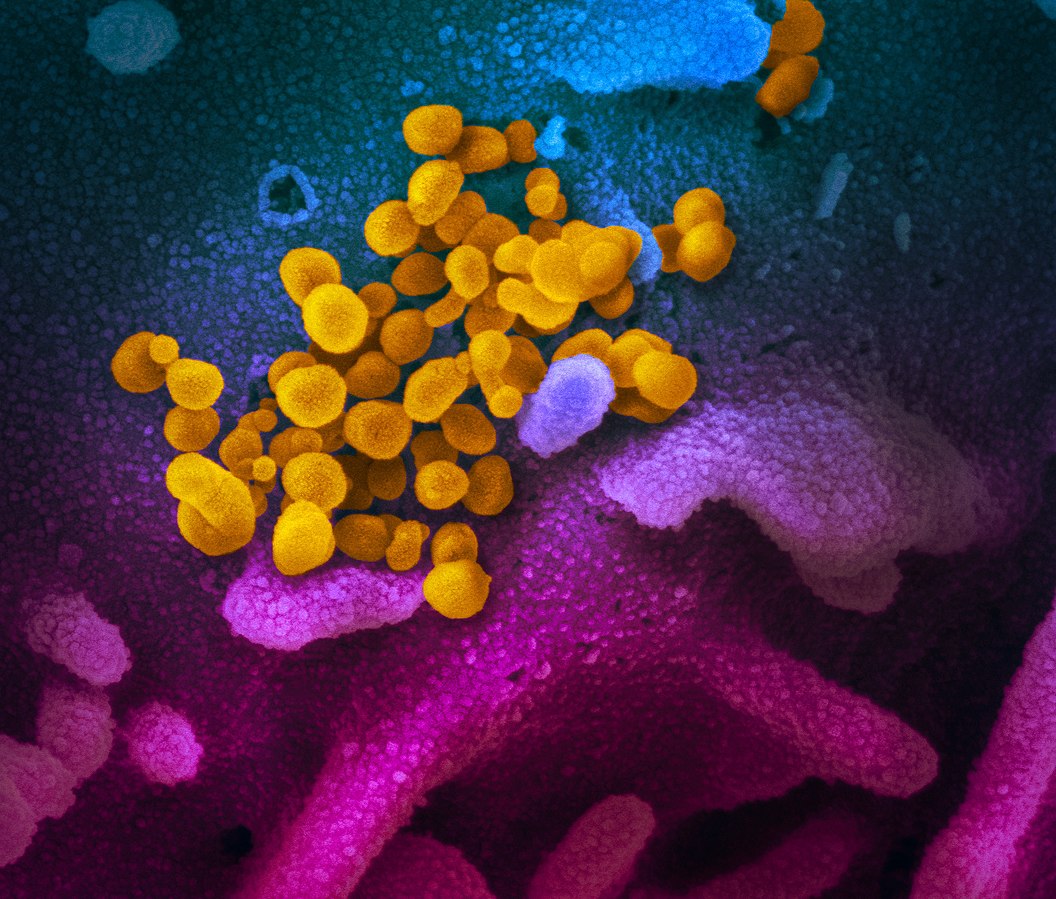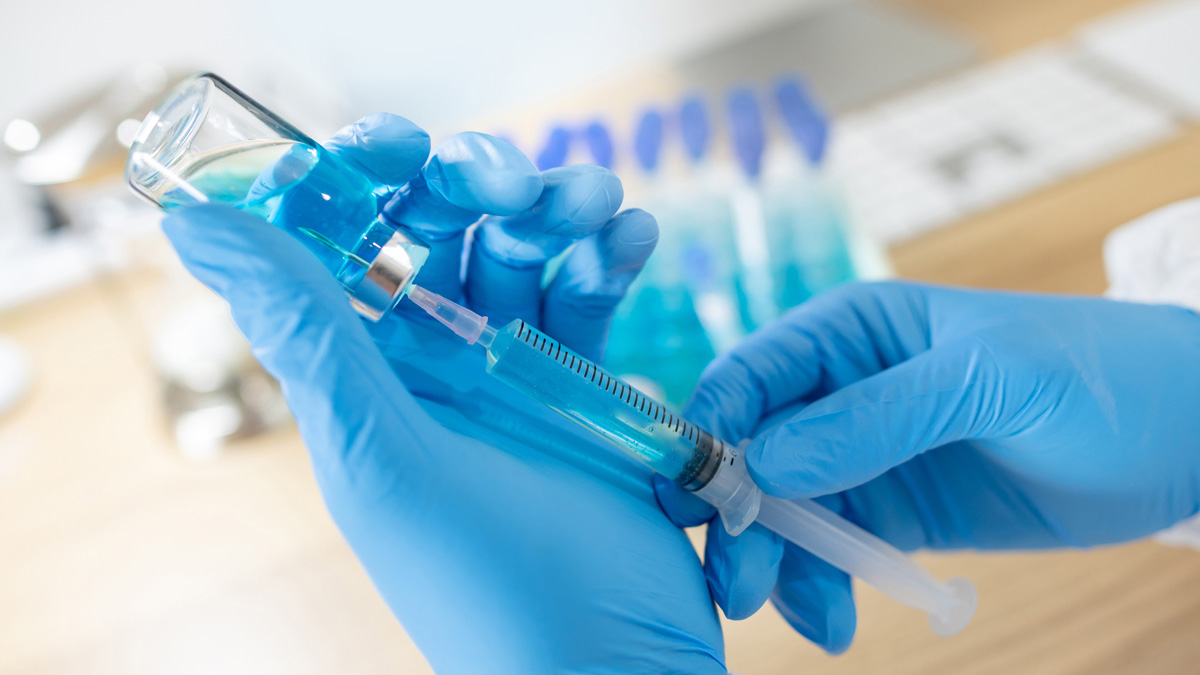Takeda and Arcturus join hunt for coronavirus therapies

The Japanese drugs giant Takeda and the US biotech Arcturus Therapeutics have joined the hunt for therapies for the COVID-19 coronavirus.
As the infection and death count continues to rise across the world, Takeda said it had begun development of a plasma-derived therapy for the virus.
The companies have joined a long list that are racing to develop antivirals, vaccines and other forms of treatment for the emergent disease, including Johnson & Johnson, Sanofi, and Moderna.
Takeda’s drug is an anti-SARS-CoV-2 polyclonal hyperimmune globulin (H-IG) aimed at high-risk individuals.
The company is also studying whether any of its currently marketed and pipeline products may be effective treatments for infected patients.
Hyperimmune globulins are plasma derived-therapies that have previously been shown to be effective in the treatment of severe acute viral respiratory infections and may be a treatment option for COVID-19.
Takeda already has experience with plasma-derived products, and will refer to the new potential therapy as TAK-888.
The company is in talks with regulators across the world as it will need plasma from people who have successfully recovered from COVID-19 or who have been vaccinated once one is developed.
These convalescent donors have developed antibodies to the virus that could potentially mitigate severity of illness in COVID-19 patients and possibly prevent it.
H-IG works by concentrating the pathogen-specific antibodies from plasma collected from recovered patients or vaccinated donors in the future.
By transferring the antibodies to a new patient, it may help that person’s immune system respond to the infection and increase their chance of recovery.
Because the plasma needed for TAK-888 is unlikely to come from current plasma donors, Takeda will initially produce the therapy in a segregated area within its manufacturing facility in Georgia.
The company said development and production of it should not negatively impact Takeda’s ability to produce its other plasma-derived therapies.
Arcturus works on vaccine
Meanwhile Arcturus, a San Diego biotech working with messenger RNA (mRNA) therapies said it is working with Duke-NUS Medical School (Duke-NUS) to develop a coronavirus vaccine for Singapore.
Arcturus said it will use technology combining self-replicating RNA with a nanoparticle non-viral delivery system to produce proteins inside the human body.
The technology is expected to produce a vaccine response at much lower doses compared with conventional mRNA vaccines.
The aim is to treat many more people with a single batch, increasing efficiency and reducing time required to produce quantities of vaccine for large populations.
Photo: NIAID Rocky Mountain Laboratories (RML), NIH












